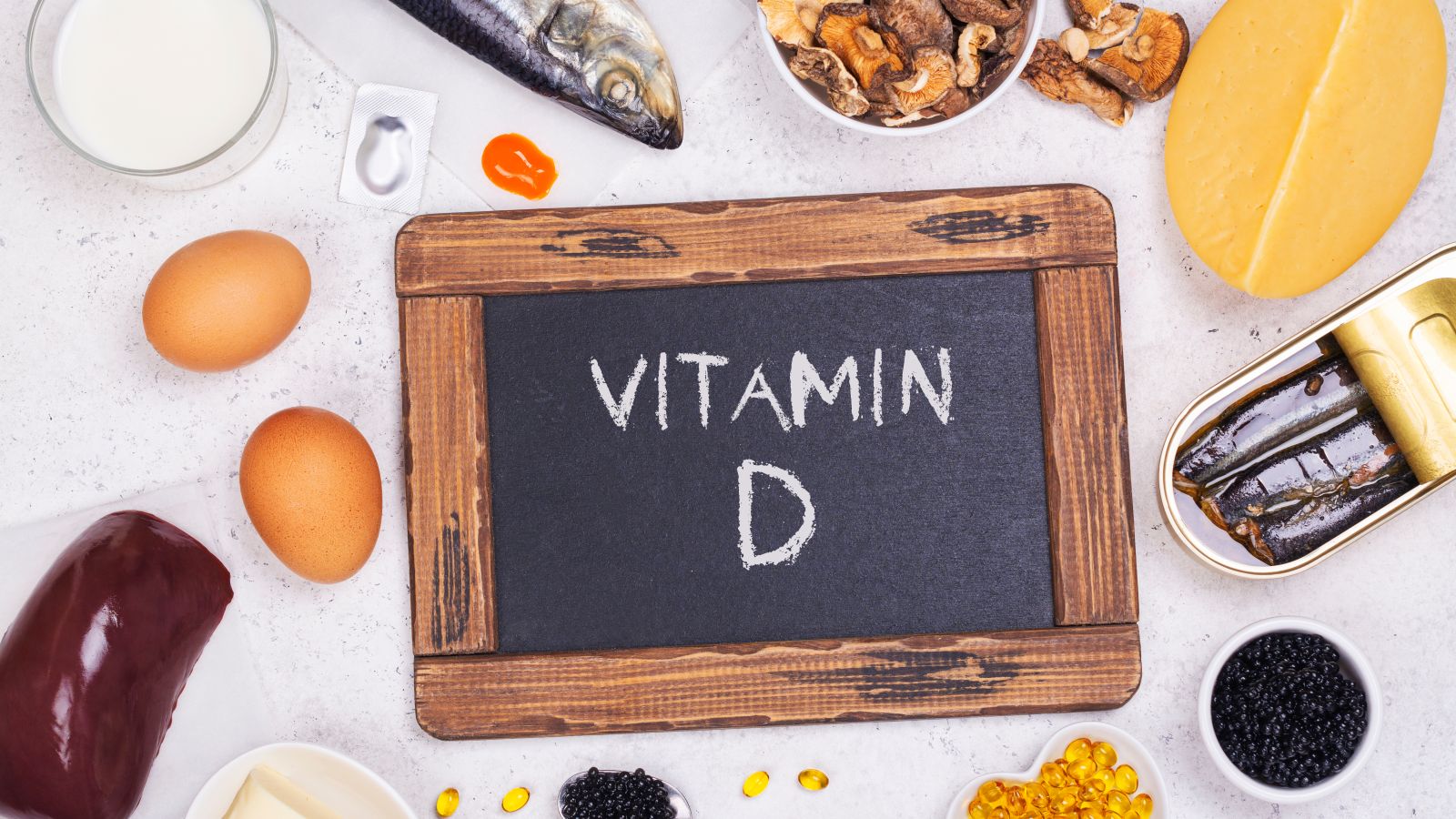**Top Natural Sources of Vitamin D – Boost Your Health With the Sunshine Vitamin**
Vitamin D is one of the most essential and powerful nutrients your body needs. Often called the **“sunshine vitamin”**, it plays a vital role in maintaining strong bones, a healthy immune system, and overall well-being.
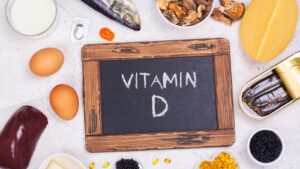
In this article, we’ll explore what Vitamin D is, how much you need daily, and the best natural sources to include in your diet.
**What Is Vitamin D?**
Vitamin D is a fat-soluble vitamin that your body can naturally produce when exposed to sunlight. When the skin is exposed to ultraviolet B (UVB) rays, it triggers the production of Vitamin D3. This form is then converted into its active form by your liver and kidneys to be used by the body.
**How Much Vitamin D .. Do You Need?**
The recommended daily intake of Vitamin D is:
– Adults: 600 to 800 IU (International Units) per day
– Older adults or those with low levels may need more (consult a doctor)
Let’s now look at the best sources of Vitamin D that you can include in your daily routine.
**1. Fortified Milk**
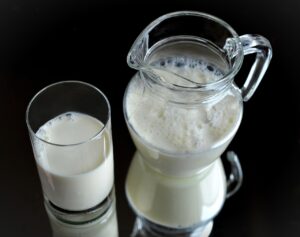
Most commercial cow’s milk is fortified with vitamin D. One cup of fortified milk can provide about 15–20% of your daily requirement. It’s a simple and effective way to prevent deficiency, especially in children and elderly individuals.
**2. Eggs**
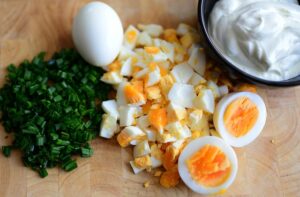
Egg yolks contain small amounts of vitamin D. Adding eggs to your breakfast not only gives you protein and healthy fats but also helps with your vitamin D intake.
**3. Cod Liver Oil**
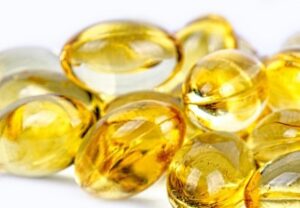
Cod liver oil is one of the richest sources of vitamin D. It also contains vitamin A and omega-3 fatty acids. Just one tablespoon can give you over 50% of your daily vitamin D needs. It’s a great option for people who don’t eat fish regularly.
**4. Mushrooms**
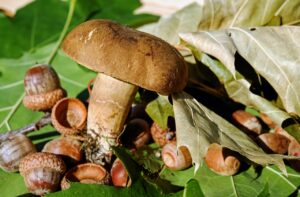
Certain mushrooms can produce vitamin D when exposed to ultraviolet (UV) light. Choose UV-treated or wild edible mushrooms for better vitamin D content. This is an excellent plant-based option for vegetarians and vegans.
**5. Liver**
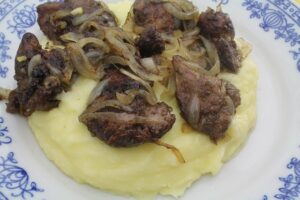
Animal liver, such as beef liver, contains vitamin D (about 1.1 micrograms per 100 grams). However, it is not suitable for pregnant women due to high levels of vitamin A.
**6. Fortified Cereals**
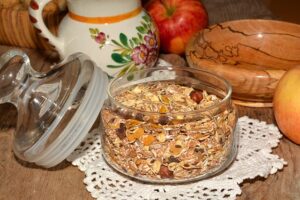
Many breakfast cereals are fortified with vitamin D. These are particularly helpful for those following a vegetarian or vegan diet. Always check the nutritional label for vitamin D content.
**7. Fatty Fish**
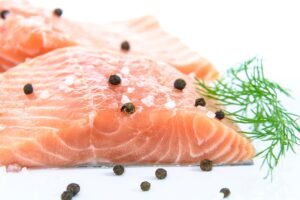
Fatty fish such as salmon, sardines, and mackerel are powerful natural sources of vitamin D. Just 100 grams of salmon provides about 400 IU, covering more than half your daily requirement.
**8. Sunlight**

Last but not least, sunlight is the most natural way to get vitamin D. When your skin is exposed to UVB rays, your body begins to make vitamin D3. Spending 10–30 minutes in the morning sun a few times a week can help maintain healthy levels.
**Final Thoughts**
Vitamin D is crucial for your bone health, immune function, and overall well-being. While sunlight remains a natural source, many people don’t get enough exposure. That’s why including foods like fatty fish, cod liver oil, eggs, mushrooms, and fortified milk or cereals in your diet is essential.
If you suspect you’re deficient, speak to a healthcare provider and consider getting your vitamin D levels tested. Staying consistent with healthy habits and proper nutrition will help you stay energized and protected all year long.
**Stay healthy and don’t forget your daily dose of sunshine!**
